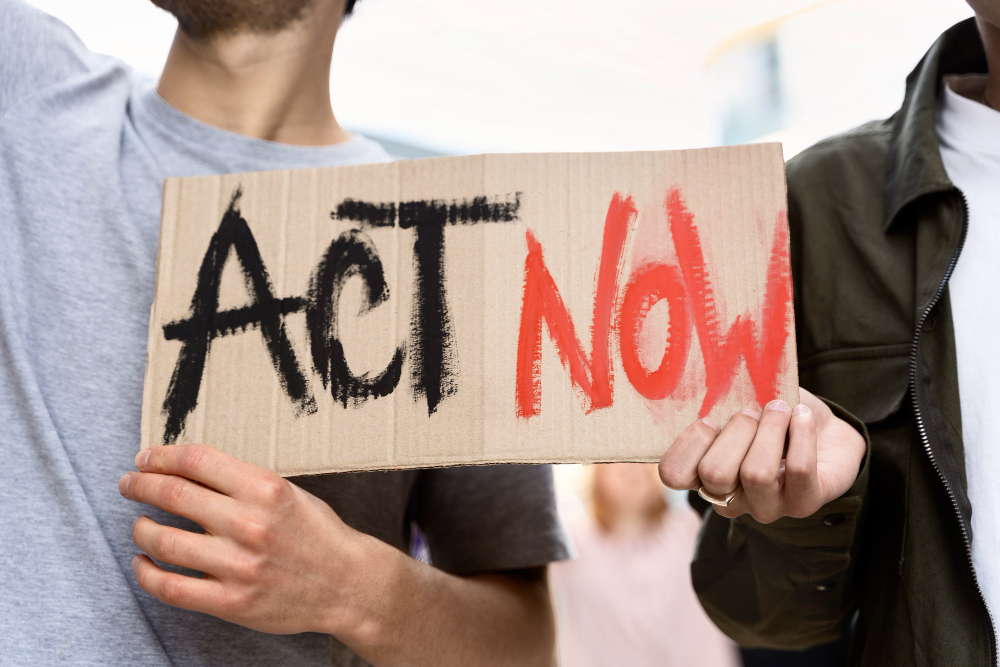A study published in Political Psychology examines how collective punishment—punishing an entire group for the actions of a few—impacts intergroup relations. Researchers Mete Sefa Uysal, Sami Çoksan, and Thomas Kessler found that collective punishment:
- Increases ingroup cohesiveness (the punished group becomes more unified internally).
- Fuels negative attitudes toward the punishing group, even when punishment is targeted only at perpetrators.
- Boosts willingness for retaliation, perpetuating a punishment-revenge cycle.
- Decreases perceived fairness, harming trust between groups.
These findings, based on experiments in Turkey and Germany with over 2,000 participants, reveal that collective punishment not only fails to resolve conflicts but often makes them worse by instigating further division and resentment.




